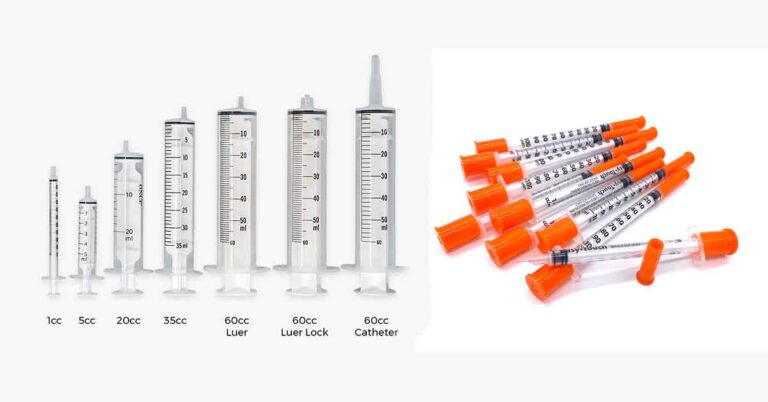The Pharmacy profession focuses on the discovery, identification, isolation, synthesis, and formulation of biologically active substances for medical uses. Pharmacists are also taxed with providing drug-related information such as safe and effective use of drugs to patients. The pharmacist’s role encompasses the compounding, preservation, dispensing, and proper control of the distribution of medical drugs.
Pharmacists are also called druggists, chemists, or traditionally, apothecary. Pharmacists tend to add the medical abbreviation, Rx as their title. Rx is a Latin word “recipe” that means “Take, thou”. The official symbol of the pharmacy profession is the Bowl of Hygieia. Hygieia is the Greek goddess of health. The mortar and pestle are also very popular in the United States and Nigeria.
Pharmacy is derived from the Greek word, pharmakon meaning “drug” or “medicine”. Pharmacists are in demand and have many job opportunities in pharmaceutical industries, hospitals, community pharmacies, and academia.

There are currently an estimated 4 million pharmacists in the world with about half of the number actively practising. Nigeria has an estimated 30,000 pharmacists but always face the issues of losing them due to emigration to Europe and America.
The Pharmacy profession is represented internationally by International Pharmaceutical Federation (FIP). Every country have their own body regulating the pharmacy practice locally. In the UK, the body is Royal Pharmaceutical Society, Pharmacists Council of Nigeria (PCN) for Nigeria, and the United States has American Pharmacists Association (APhA).
Prescribing Authority for Pharmacists
In the United States, some states allow pharmacists to prescribe certain medications with or without additional licenses. Such medications are birth control pills, post-exposure prophylaxis for HIV, and travel medications. The onset of Covid-19 further expanded the authority as regards the dispensing of vaccines.
In the UK, pharmacists, nurses and other health professionals who have trained as prescribers can prescribe any drug since 2006. In Canada, pharmacists have also seen their roles increased with regards to prescribing.
In Nigeria, Ghana and India, only licensed medical doctors so pharmacists are not allowed to prescribe. This is mostly due to resistance from doctors as they see it as an infringement on their duties.
Pharmacy Degree Programme in Nigeria (B. Pharm)
You can obtain either a Bachelor of Pharmacy ( B. Pharm ) or Doctor of Pharmacy ( D. Pharm ). In Nigeria, only University of Benin offers D. Pharm Programme. In the United States, India, Pakistan, B. Pharm is being superseded by the Pharm.D. Canada is currently transitioning from B. Pharm to the D. Pharm degree Programme.
The major disciplines in pharmacy are pharmaceutics, medicinal chemistry and pharmacognosy and pharmacy practice. Pharmacoinformatics is also been considered as a new discipline.
Pharmacy education is usually a 5-year programme if you apply through UTME (University Tertiary Matriculation Examination). It is four years for DE (Direct Entry) students. In the first year, the student is expected to take general science courses. From the second year to the final year, pharmacy students are expected to pass through some rigorous training – both written and practical courses.
The pharmacy degree (B. Pharm) in Nigeria is declassified till date.
Pharmacy students are expected to pass through the major disciplines in Pharmacy –
- Pharmaceutics,
- Pharmacology and Toxicology,
- Pharmacy Management,
- Pharmacognosy and Environmental Medicine,
- Pharmaceutical Technology,
- Pharmaceutical and Medicinal Chemistry,
- Clinical Pharmacy,
- Forensic Pharmacy,
- Pharmaceutical Microbiology.
In some schools, veterinary pharmacy, entrepreneurship is also part of the curriculum.
Role of a Pharmacist
Pharmacists have moved from their traditional functions such as the compounding of medicine to more clinical roles such as review of prescription and pharmaceutical care.
The Pharmacy profession in Nigeria is governed by the Pharmacists Council of Nigeria. Pharmacists have roles they perform. This is well written in their “Code of Ethics”. Since the profession is patient-oriented, a pharmacist must ensure he provides the efficient and cost-effective services to his patient.
He must provide the accurate drug information and ensure the safety of his patients. He should also maintain confidentiality with his patient and refrain from divulging any information or record of the patient.













3 thoughts on “The Pharmacy Profession: courses, opportunities and duties”